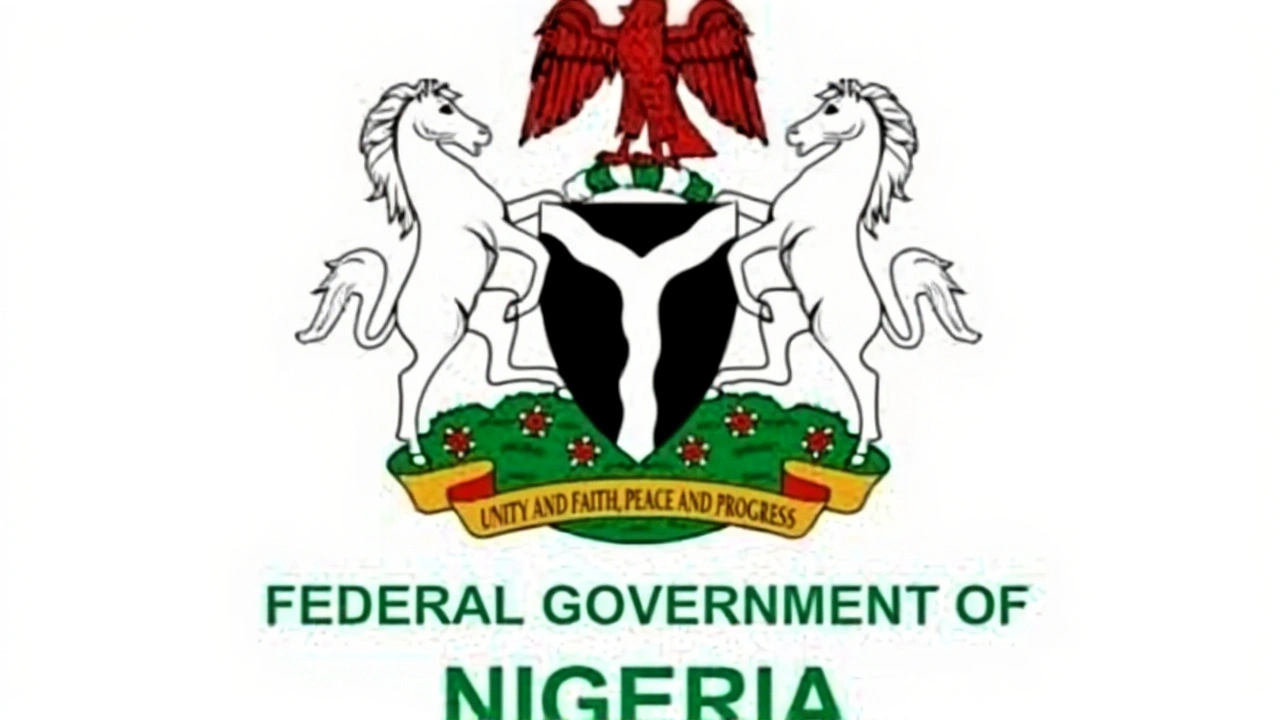Wage Arrears: What It Means and How It Hits Workers Across Africa
When wage arrears, the failure of an employer to pay workers their earned wages on time. Also known as unpaid wages, it happens when salaries are delayed for weeks, months, or even years—leaving families without food, rent, or medical care. This isn’t a glitch. It’s a systemic problem, especially in countries where labor laws are weak or ignored.
Wage arrears often hit hardest in mining, logistics, manufacturing, and public services. In South Africa, workers at failing companies like state-owned enterprises or private contractors have gone months without pay. In Nigeria, teachers and hospital staff have protested for months without salaries. In Kenya, transport workers and factory employees report similar delays. These aren’t isolated cases—they’re patterns. And they’re tied to bigger issues: poor financial management, corruption, and a lack of enforcement. When employers skip payroll, it’s not just about money. It’s about dignity. It’s about survival.
There’s a direct link between labor rights, the legal and moral entitlements of workers to fair pay, safe conditions, and protection from exploitation and wage arrears. When unions are silenced, when government inspectors are underfunded, when courts move too slowly—workers lose. And the ones who suffer most? Women, migrants, and informal workers who don’t have contracts or legal backup. Even when laws exist on paper, they mean nothing if no one checks if they’re being followed.
Some employers claim cash flow problems. Others say they’re waiting for government payments. But when a warehouse fire kills 12 migrant workers in Johannesburg, or when a pension fund loses R2 billion due to bad investments, you start to see the pattern: profit gets prioritized over people. Wage arrears don’t happen in a vacuum. They’re connected to the same systems that ignore safety rules, silence whistleblowers, and delay justice.
What you’ll find in this collection are real stories—not theories. Reports from workers who haven’t been paid. Investigations into companies that broke promises. Protests that turned into legal battles. And the quiet struggles of families trying to make it through another month with no income. These aren’t just news items. They’re warnings. And they’re calls to action.
Nigeria Starts Paying N35,000 Wage Arrears to 1.3 Million Federal Workers
Nigeria begins paying N35,000 wage arrears to 1.3 million federal workers, as OAGF confirms disbursements amid inflation of 33.7%. Workers demand full payment, as delays erode trust in government promises.
READ MORE
